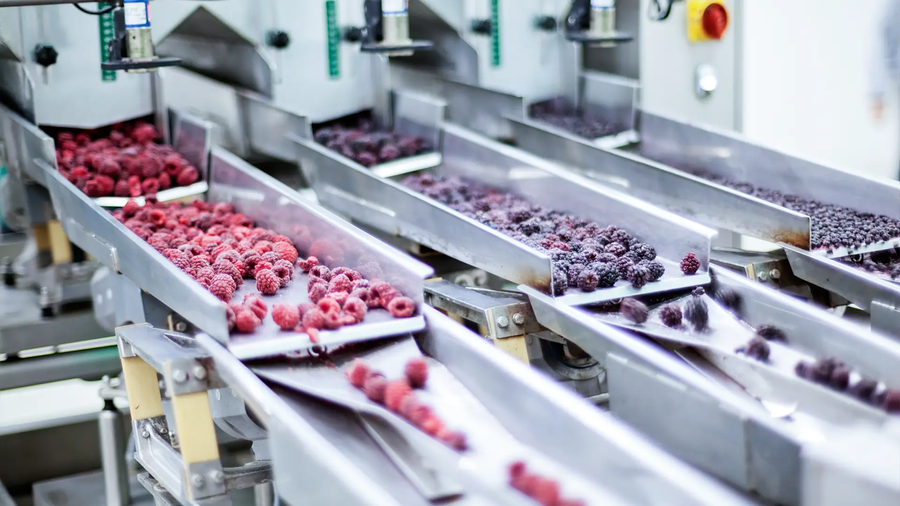1. AI
It is clear that artificial intelligence (AI) has great potential in almost all industries and application areas.
This also applies to filtration: AI can be used to monitor and optimize the operating parameters of filtration systems in real time. Pressure, flow rate and other variables can be controlled to maximize filtration efficiency and minimize energy consumption. AI also supports adaptive filtration systems, which can automatically adapt to changing conditions. This is particularly important in environments where the composition of the substances to be filtered often changes.
In general, AI enables the development of filtration systems that are better adapted to specific requirements. The possibilities range from adapting to different particle sizes to taking into account the specific chemical properties of the substances to be filtered. Predictive maintenance, higher filtration precision, higher energy efficiency, data analysis and pattern recognition – the use of AI in filtration technology offers great potential for increasing the efficiency, reliability and adaptability of filtration systems.

2. Filtration as a Service
Will operators of separation technology systems no longer buy filter cartridges in the future, but rather book throughput?
"Filtration as a Service" (FaaS) is a concept that transfers elements of the "as a service" model to the field of filtration technology. Similar to this type of service, where services are provided as a service, Filtration as a Service may be a demand-oriented way of providing filtration solutions in the future.
Customers can use filtration services on demand without having to invest in the ownership and maintenance of filtration equipment. Outsourcing enables companies to focus on their core competencies while using highly specialized filtration solutions.
In this way, they avoid high initial investments and still always benefit from state-of-the-art filtration technology. FaaS can also include the integration of monitoring systems and data-based optimization solutions. The concept is an innovative approach to providing filtration solutions tailored to the specific needs of companies.

3.Food and Beverage Industry: Harvest Problems Lead to Lower Production
Harvest problems are also causing problems for an increasing number of non-alcoholic beverage producers. For example, the World Apple and Pear Council reports that apple and pear harvests are expected to decline after 2025 due to drought, flooding, hail, warm nights and increased risk of pests – with corresponding effects on the quantity and quality of production.
In this industry, filtration systems must also perform better than before in order to continue to meet the quality requirements of the end product. Producing companies would be wise to obtain information from suppliers about appropriate solutions and to clearly communicate their needs









